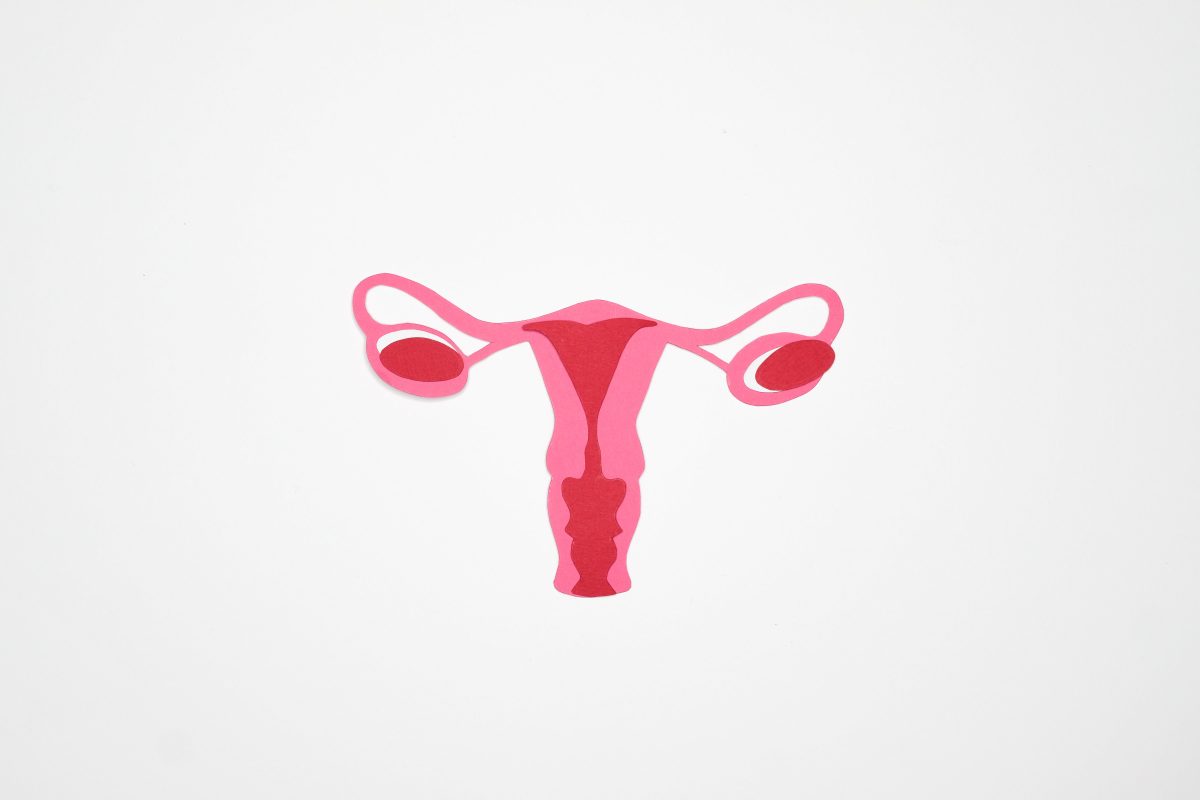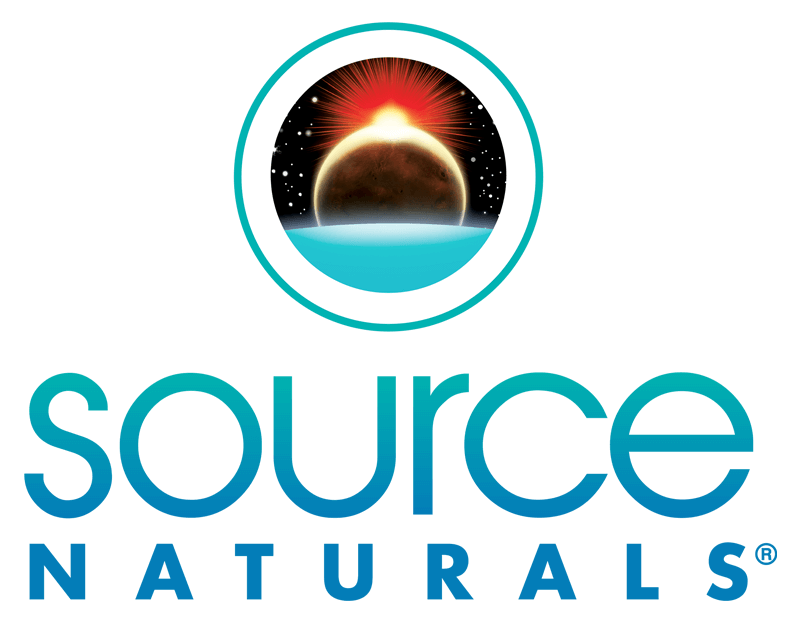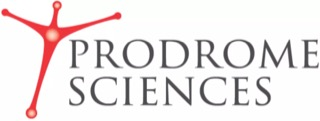Navigating Menstrual Health
Conditions and Nutritional Strategies for Support
Menstrual health is a crucial aspect of a woman’s well-being, and various conditions can impact the menstrual cycle, causing discomfort and affecting overall health. Nutrition plays a significant role in supporting menstrual health, helping manage symptoms, and promoting overall well-being. In this comprehensive guide, we explore common menstrual conditions, their symptoms, and delve into nutritional strategies to address and support menstrual health.
Menstrual Conditions Overview: Several menstrual conditions can affect individuals, impacting the regularity, duration, and symptoms associated with menstrual cycles. Understanding these conditions is essential for identifying potential challenges and implementing appropriate nutritional interventions.
Premenstrual Syndrome (PMS):
- PMS encompasses a range of physical and emotional symptoms that occur in the days or weeks leading up to menstruation. Symptoms may include mood swings, bloating, breast tenderness, and fatigue.
Polycystic Ovary Syndrome (PCOS):
- PCOS is a hormonal disorder characterized by the presence of small cysts on the ovaries. It can lead to irregular periods, infertility, acne, and excessive hair growth.
Dysmenorrhea:
- Dysmenorrhea refers to painful menstrual cramps, which can range from mild to severe. Primary dysmenorrhea is common and not associated with other medical conditions, while secondary dysmenorrhea is linked to underlying health issues.
Menorrhagia:
- Menorrhagia involves heavy or prolonged menstrual bleeding. It can be associated with conditions such as fibroids, hormonal imbalances, or bleeding disorders.
Amenorrhea:
- Amenorrhea is the absence of menstruation. Primary amenorrhea refers to a lack of menstrual periods by age 16, while secondary amenorrhea is the cessation of menstrual periods in a woman who has previously menstruated.
Endometriosis:
- Endometriosis is a condition where tissue similar to the lining of the uterus grows outside the uterus. It can cause pain, infertility, and irregular periods.
Nutritional Strategies for Menstrual Health: Addressing menstrual conditions through nutrition involves adopting a balanced and nourishing diet that supports hormonal balance, reduces inflammation, and manages symptoms. Specific nutrients play key roles in promoting menstrual health.
Calcium and Vitamin D:
- Adequate calcium and vitamin D intake supports bone health and may alleviate symptoms of PMS. Sources include dairy products, leafy greens, fortified plant-based milk, and exposure to sunlight for vitamin D.
Omega-3 Fatty Acids:
- Omega-3 fatty acids found in fatty fish (salmon, mackerel), flaxseeds, and walnuts have anti-inflammatory properties that may help reduce menstrual cramps and inflammation associated with conditions like endometriosis.
Magnesium:
- Magnesium can help alleviate symptoms of PMS, including bloating and mood swings. Good sources include leafy greens, nuts, seeds, and whole grains.
Iron:
- Iron is essential, especially for women experiencing menorrhagia (heavy menstrual bleeding). Dietary sources include red meat, poultry, beans, lentils, and fortified cereals.
B Vitamins:
- B vitamins, including B6 and B12, play roles in neurotransmitter synthesis and may help manage mood swings and fatigue associated with PMS. Foods like poultry, fish, eggs, and fortified cereals provide B vitamins.
Fiber:
- A diet rich in fiber from fruits, vegetables, whole grains, and legumes supports digestive health and may help manage symptoms like bloating.
Antioxidants:
- Antioxidant-rich foods, such as berries, citrus fruits, and green tea, may help combat oxidative stress and inflammation associated with conditions like endometriosis.
Zinc:
- Zinc supports immune function and may play a role in managing symptoms of dysmenorrhea. Dietary sources include meat, dairy, nuts, and legumes.
Condition-Specific Nutritional Approaches:
For PCOS:
- Emphasize a balanced diet with a mix of carbohydrates, proteins, and healthy fats. Include fiber-rich foods to support blood sugar regulation. Consider anti-inflammatory foods, such as fatty fish and turmeric.
For Endometriosis:
- Adopt an anti-inflammatory diet with omega-3 fatty acids and antioxidants. Limit processed foods, red meat, and dairy, which may contribute to inflammation. Incorporate turmeric, ginger, and green tea for their anti-inflammatory properties.
For Menorrhagia:
- Ensure adequate iron intake through iron-rich foods or supplements as recommended by healthcare professionals. Foods high in vitamin C, such as citrus fruits, can enhance iron absorption.
For Dysmenorrhea:
- Increase omega-3 fatty acids to reduce inflammation and consider magnesium-rich foods. Maintain hydration, and avoid excessive caffeine and alcohol, which can contribute to dehydration and worsen cramps.
Lifestyle Factors for Menstrual Health: In addition to nutrition, lifestyle factors contribute significantly to menstrual health.
Regular Physical Activity:
- Engage in regular exercise to promote overall health and alleviate symptoms of PMS and dysmenorrhea. Activities such as walking, yoga, or swimming can be beneficial.
Stress Management:
- Practice stress-reducing techniques, such as meditation, deep breathing, or mindfulness. Chronic stress can impact hormonal balance and exacerbate menstrual symptoms.
Adequate Sleep:
- Prioritize sufficient and quality sleep to support overall well-being and hormonal balance.
Hydration:
- Maintain proper hydration, as it supports overall health and can help manage symptoms like bloating.
Professional Guidance and Individualized Care: Individual responses to nutritional interventions may vary, and it’s essential to consider personal health conditions, preferences, and lifestyle factors. Consultation with healthcare professionals, including dietitians, gynecologists, and other specialists, can provide personalized guidance based on individual needs.
Conclusion: Menstrual health is a crucial aspect of overall well-being, and various conditions can impact women throughout their reproductive years. While nutrition plays a significant role in supporting menstrual health, it is just one component of a comprehensive approach that includes lifestyle factors, adequate medical care, and individualized interventions. By adopting a balanced diet, incorporating specific nutrients, and addressing lifestyle factors, individuals can take proactive steps toward promoting menstrual health and managing symptoms associated with common menstrual conditions. Seeking professional guidance ensures a tailored and holistic approach to individual needs, fostering optimal well-being throughout the menstrual cycle.
We hope you found the information provided by Thera-Mineral valuable and insightful. At Thera-Mineral, we are dedicated to offering high-quality supplements to support your health and well-being.
If you have any further questions, need additional information, or would like to explore our range of supplements, please don’t hesitate to reach out. You can contact us at our office located at 25216 Grogan’s Park Dr. Suite A, The Woodlands, TX 77380. Our friendly team is ready to assist you by phone at 855-472-2569 or via email at support@theramineral.com.
For your convenience, most supplements are available on our website, theramineral.com. However, if you don’t find a specific product on the site, our dedicated staff can help you place an order, and we’ll ensure it’s delivered to your place of choice.
We appreciate your trust in Thera-Mineral, and we look forward to being a reliable partner on your journey to optimal health. Thank you again for being part of our community!




















